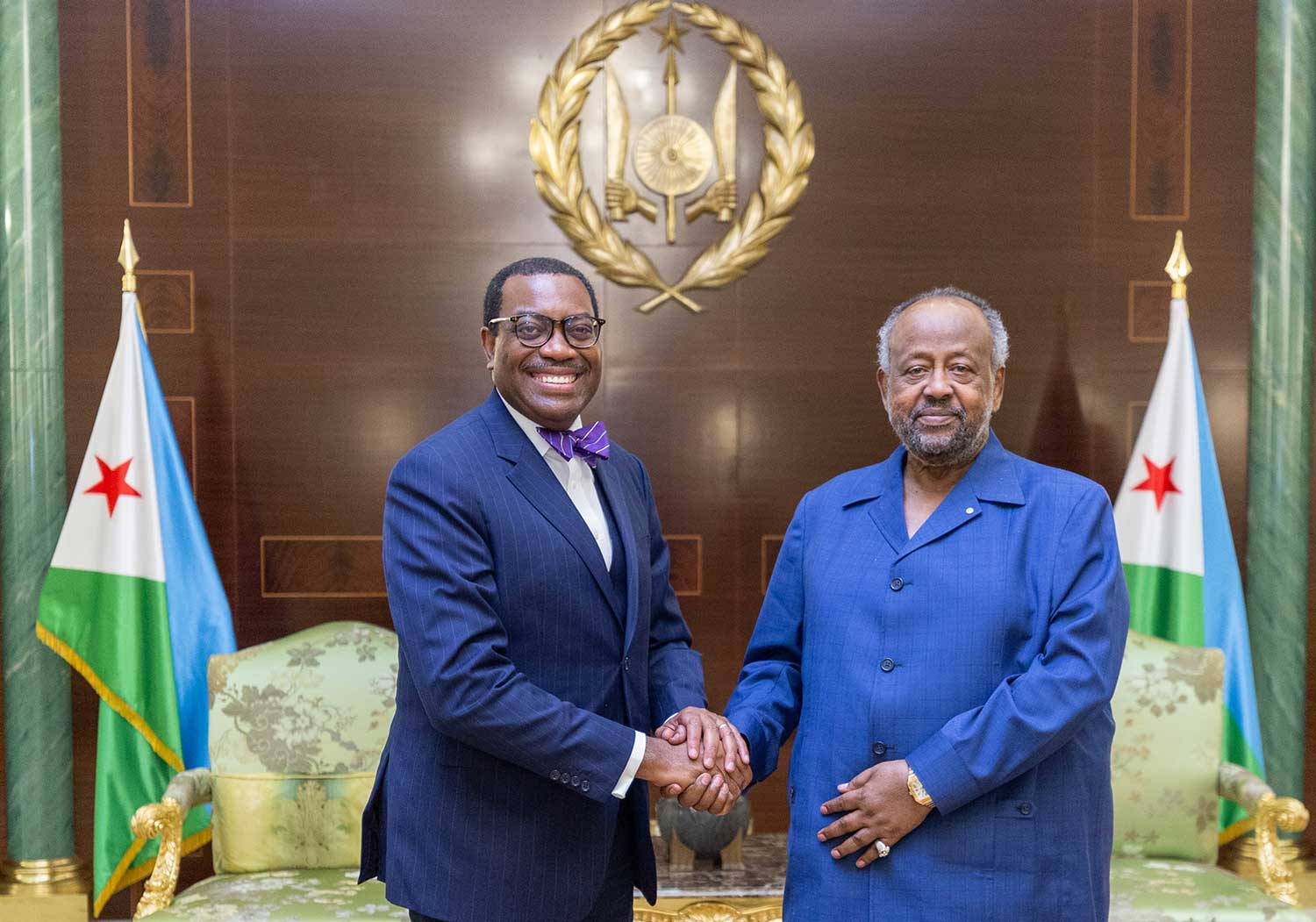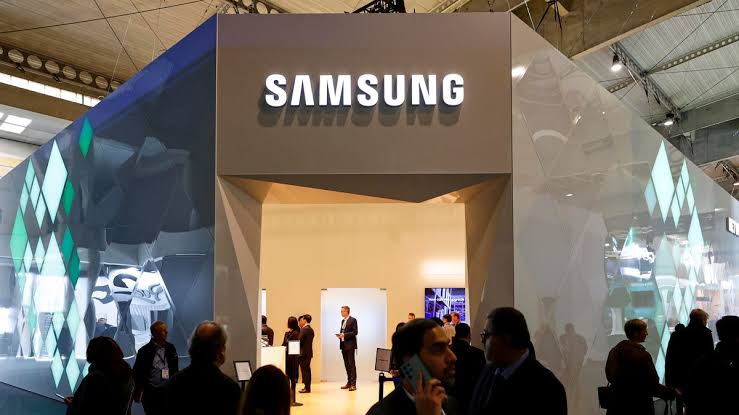Mariam Hamadou Ali, Djibouti’s Minister of Digital Economy and Innovation, met with representatives of the United Nations Economic and Social Commission for Western Asia (ESCWA) during a workshop on Monday.
This engagement is part of Djibouti’s ongoing efforts to seek international collaboration to implement its digital transformation roadmap, with the goal of becoming a digital hub by 2035.
Read also: Djibouti unveils plans to digitise public service administration
In recent months, Djibouti has already approached several countries and international organisations. These consist of Qatar, India, the European Union, and the International Telecommunication Union (ITU). Discussions with the ITU centred on expanding and strengthening cooperation within the cybersecurity space.
Through these international collaborations, Djibouti seeks to gain valuable insights from more digitally advanced nations to accelerate its own digital transformation.
Djibouti’s international ICT rankings
However, Djibouti received a score of 61.6 out of 100 from the ITU, placing it 17th out of 47 African nations in terms of ICT development. With a score of 63.6, the nation fell one spot from its 2023 ranking of 16th.
Furthermore, with a score of 0.2911 out of 1, Djibouti is classified by the UN as belonging to the group of nations with an intermediate e-Government Development Index (EGDI).
Read also: The Submarine Cable 2Africa, Lands in Djibouti
Based on government-led measures, other nations have shown commitment to cybersecurity, while Djibouti is ranked in the fourth category (Tier 4) out of five by the ITU.
By promoting digital services, expanding the use of ICT, and creating an atmosphere that encourages private sector investments in ICT, the Djiboutian government specifically hopes to turn the nation into a technological hub by 2035.
However, it’s important to note that these international exchanges are still in the early stages, and it remains to be seen whether they will lead to concrete agreements.
It is crucial to emphasise that most of the time, exchanges are still in their early stages. It would consequently be important to wait and observe whether the negotiations led to particular agreements.
















